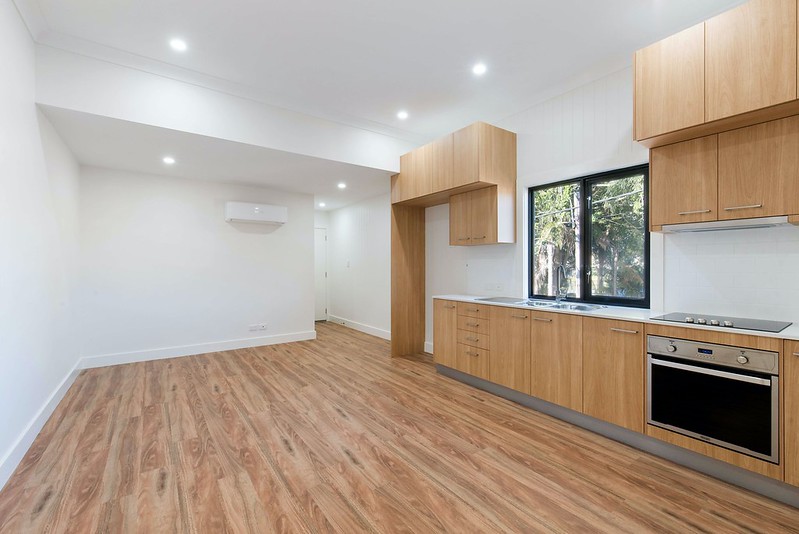
Private rents in the UK have surged at the fastest rate since records began in January 2016, according to the Office for National Statistics (ONS). The latest figures show a 5.1% increase in
rents across the country, with Wales and Scotland experiencing even higher percentage rises. Housing costs form a significant portion of people's monthly expenses, making sharp rent increases a major concern for household budgets. In contrast, property prices are rising at a slower pace due to higher mortgage rates limiting home-buyers' affordability.
UK house prices saw a modest 1.9% rise in the year to May, down from 3.2% in the previous 12 months. While annual house price inflation has been slowing for seven consecutive months, prices remain higher than 12 months ago, though £7,000 below the peak observed in September 2022.
Rent prices have surged at an even higher rate, with Wales experiencing a 5.8% increase, Scotland 5.5%, and England 5.1% in the 12 months leading up to June. The West Midlands recorded the highest rise in England at 5.4%, followed by London at 5.3%. The rental market's demand has outstripped supply, with landlords passing on rising mortgage costs to tenants.
Despite easing inflation in other areas, rental prices continue to escalate due to increased mortgage rates and regulatory changes. The shortage of available rental properties has exacerbated the situation, causing demand to surpass supply. Property analysts predict a potential overall drop in house prices of around 10%, but prices are still expected to be 15% above pre-Covid levels even if such a decline occurs.



































